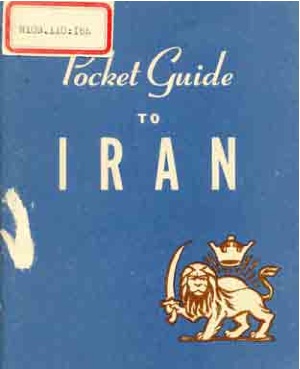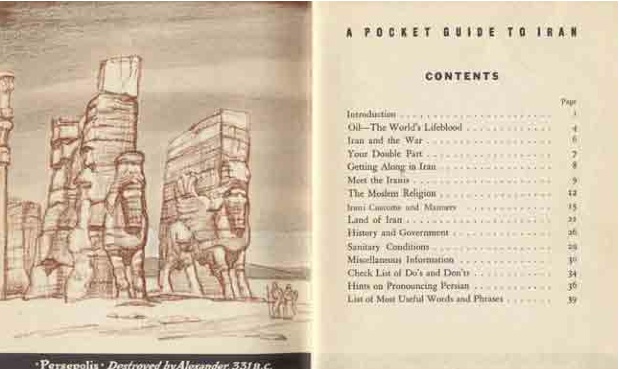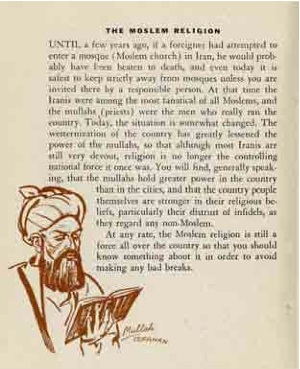
I have a piece in The Chronicle of Higher Education about a new committee led by historian Khaled Fahmy in collaboration with Egypt's National Archives to create a digital, accessible archive of the January 25 Revolution. To understand how groundbreaking this could be you have to realize to what an extent all official archives in Arab countries are treated like secrets of state, accessible only to specialists (if and when they pass an endless security clearance process). And that official documents about the most important decisions and events of the 20th century have simply never been made available:
The country's modern rulers have created a near-total information vacuum about their decision-making.
By law, documents are supposed to be stored in the relevant ministries for 15 years, then held at the National Archives for another 15 years before being made public. In practice, however, only the most mundane administrative papers are ever deposited in the archives. Official documents dealing with wars or policy decisions of any import are simply never made available. "At this point," says Mr. Fahmy, "we don't even know if they exist."
Egyptians are rarely if ever afforded a glimpse into the deliberations of their presidents, ministers, and military commanders. And that is the case across the autocratic regimes of the Arab world. The Arab-Israeli wars, for example, have been documented almost entirely on the basis of Israeli archives.
That's one reason the committee will "try to gather as much as possible for future generations," says Mr. Fahmy, "to make available to them what hasn't been available to us."
A shift towards greater openness -- a move away from a police state's paranoid, bureaucratic and hierarchical attitude to information -- could be an important part of the intellectual legacy of the revolution. But as Fahmy notes, in these uncertain times, it is hard to persuade people that their security will be enhanced by being more transparent and less guarded about official documents. (When the Chronicle's photographer went to take portraits of Fahmy at the National Archives last week, with the permission of the archives' director, security guards there hovered nervously and one of them caused a scene when he thought the photographer had taken a shot of the building's entrance.)
Egyptian nationalism is tinged with paranoia. But it is precisely the lack of information and of serious research that fosters the proliferation of so many conspiracy theories and so much kalaam fadi. And prevents Egyptians from finding out the details of the actual conspiracies being perpetrated against them.
There is still so much we don't know about how the revolution took place. I cannot wait to see the material this archive gathers. If you are interested in volunteering or learning more, you should visit their official website.




